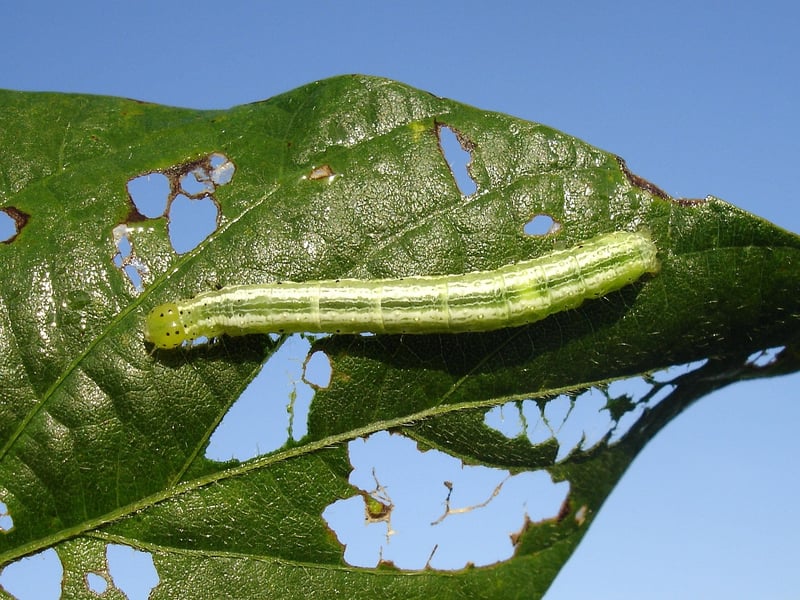Worm Farming
The Eco-Friendly Way: Sustainable Waste Management through Worm Farming
In today's world, where environmental concerns are at the forefront of global discussions, finding sustainable ways to manage waste has become more critical than ever. One innovative and eco-friendly solution gaining popularity is worm farming. Not only does worm farming help reduce waste sent to landfills, but it also produces nutrient-rich compost that can benefit your garden or plants. Let's delve into the world of sustainable waste management through worm farming.
What is Worm Farming?
Worm farming, also known as vermicomposting, is the process of using worms to break down organic waste materials into nutrient-rich compost. The worms consume the organic matter, such as kitchen scraps and garden waste, and produce castings (worm poop) that are an excellent natural fertilizer. This process not only reduces waste but also creates a valuable resource for improving soil health.
Benefits of Worm Farming for Sustainable Waste Management
- Reduces Landfill Waste: By diverting organic waste from landfills, worm farming helps reduce methane emissions and environmental pollution.
- Produces Nutrient-Rich Compost: The compost produced by worm farming is rich in essential nutrients and beneficial microorganisms, promoting healthy plant growth.
- Cost-Effective Solution: Setting up a worm farm is relatively inexpensive and can save money on buying chemical fertilizers.
- Easy to Maintain: Worm farms are low maintenance and can be managed in small spaces, making them ideal for urban dwellers or those with limited outdoor areas.
- Educational Experience: Worm farming can be a fun and educational activity for children and adults alike, teaching valuable lessons about sustainability and the environment.
Getting Started with Worm Farming
Interested in starting your own worm farm? Here are some basic steps to help you get started:
- Choose a Suitable Worm Bin: Select a well-ventilated container with drainage holes to create the ideal environment for the worms.
- Add Bedding Material: Create a bedding layer using shredded newspaper, cardboard, or coconut coir to provide a comfortable habitat for the worms.
- Introduce Worms: Purchase composting worms, such as red wigglers, and add them to the bin along with some initial food scraps.
- Feed the Worms: Feed the worms a balanced diet of fruit and vegetable scraps, avoiding dairy, meat, and oily foods.
- Maintain the Worm Farm: Keep the worm bin moist, well-aerated, and in a suitable temperature range to ensure the worms thrive and continue composting efficiently.
- Harvest the Compost: Once the worms have transformed the bedding and food scraps into compost, harvest the nutrient-rich material to use in your garden or potted plants.
Embrace Sustainable Living with Worm Farming
Worm farming offers a sustainable and rewarding way to manage organic waste while contributing to a healthier environment. By incorporating worm farming into your daily routine, you can make a positive impact on the planet and enjoy the benefits of nutrient-rich compost for your plants. Join the eco-friendly movement today and start your own worm farm!

For more information on worm farming and sustainable waste management, visit EPA - Composting at Home.
